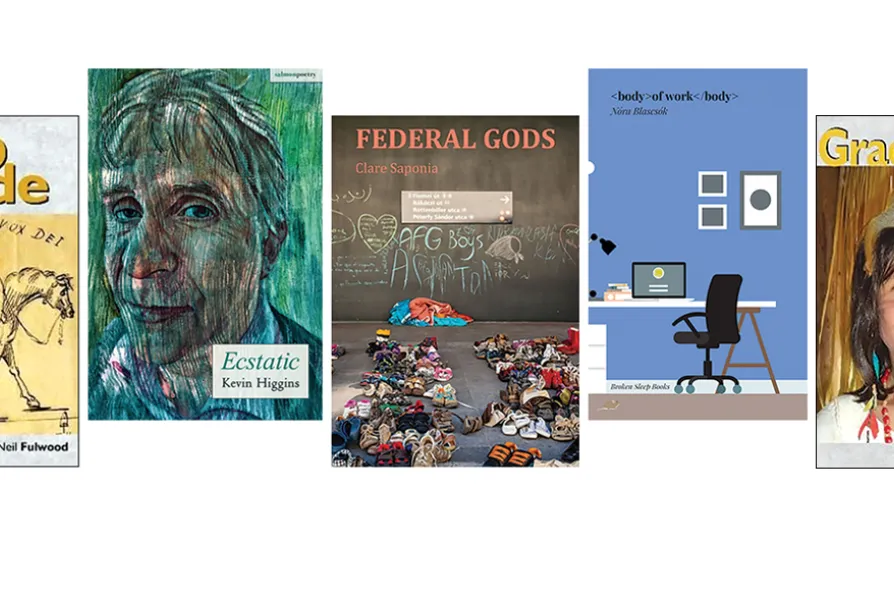SIMON PARSONS applauds an artist who rescues and rehumanises stories of women, the victims of violence, from a feminist perspective


MAD PARADE (Smokestack Books, £7.99) by Nottingham bus driver Neil Fulwood is a collection of white-hot political satirical poems taking the piss out of some of the knaves and fools who parade their poisonous egos across the stage — like Blair, Johnson, Farage, Robinson, Starmer and Trump.
Turning his attention to “the relevance, integrity and political impact” of Change UK (remember them?), Fulwood gives us an empty page.
There is a great sequence imagining Johnson as the Fat Controller in a reboot of Thomas the Tank Engine, and Starmer as a character in Camberwick Green.

JOSEPHINE BARBARO welcomes a diverse anthology of experiences by autistic women that amounts to a resounding chorus, demanding to be heard

ANDY CROFT welcomes the publication of an anthology of recent poems published by the Morning Star, and hopes it becomes an annual event

ANDY CROFT rallies poets to the impossible task of speaking truth to a tin-eared politician











